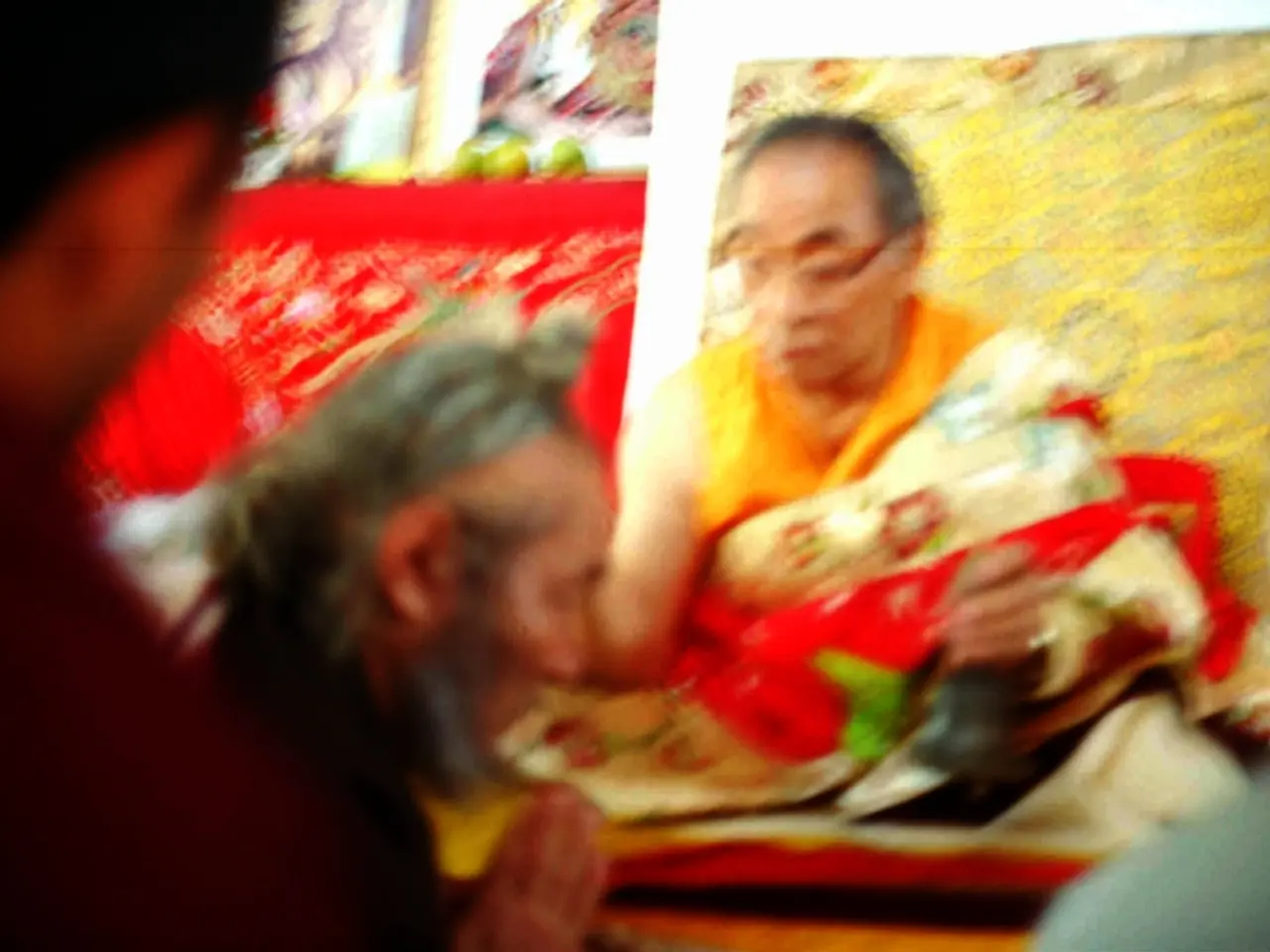Discontinuing Exclusive Attitudes
In the teachings of the Baha'i faith, the company of the righteous is seen as a powerful force for cleansing the heart of impurities, while the company of the ungodly can lead to spiritual harm. This principle is beautifully encapsulated in Baha'u'llah's words: "Beware! Walk not with the ungodly and seek not fellowship with him, for such companionship turneth the radiance of the heart into infernal fire."
In both personal and social contexts, the Baha'i faith offers practical guidance for handling toxic relationships.
In personal relationships, the emphasis is on overlooking faults, focusing on good qualities, and promoting unity and harmony. Prayer and reflection for the well-being of others can foster a more compassionate and understanding approach.
In social contexts, the Baha'i approach encourages community building, addressing conflicts with love and understanding, and engaging in educational and reflective practices to improve relationships.
It's crucial to remember that labeling anyone who poses a challenge as 'ungodly' is a simplistic mindset to avoid. Instead, Baha'u'llah advises remembering one's own faults rather than the faults of others.
In today's generation, there is a passion for freedom and a desire to protect oneself from harm. However, it's important to remember that people have value beyond the roles they play in our lives. The effects of this cultural shift can be seen in friendships, familial relationships, and romantic relationships.
Baha'u'llah encourages treating others as we would like to be treated: "And if thine eyes be turned towards justice, choose thou for thy neighbor that which thou choosest for thyself."
In navigating relationships, it's essential to re-conceptualize our understanding of what 'ungodly' means in order to avoid unhealthy relationships. The culture of the current generation tends to involve "cutting people off" in various situations, but the Baha'i teachings encourage overlooking the shortcomings of others.
The desire to be far from toxicity can spill into the desire to be far from anything that makes us uncomfortable. However, it's important to avoid ignoring the uniqueness of others, as we recognize our own uniqueness. The usefulness of identifying and removing toxicity can become problematic when criticism becomes the only tool used.
An increase in consciousness has increased the capacity to create a healthier and safer society. Social justice movements pushing for gender equity, black liberation, and equal opportunities reflect a desire for freedom from unhealthy forces.
In conclusion, the Baha'i faith offers a compassionate and practical approach to navigating relationships. By focusing on unity, harmony, and treating others with kindness and respect, we can cultivate healthier and more fulfilling relationships in our lives.
In the context of education-and-self-development and personal-growth, the Baha'i faith provides guidance for dealing with toxic relationships, emphasizing the importance of understanding others and showing compassion. By applying the principle of treating others as one would like to be treated, individuals can foster healthier and more harmonious relationships.
In the realm of lifestyle and social relationships, the Baha'i approach encourages engaging in educational practices and building communities that address conflicts with love and understanding. This holistic approach can lead to improved relationships in various settings, such as friendships, familial relationships, and romantic relationships.




